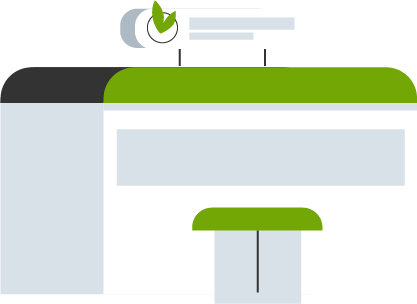
Cyber savvy: keep your employees safe from scams


Phishing. Deepfakes. Social engineering. Third-party breaches. These are just some examples of online threats to your professional and personal digital identities.
Whether your employees are working in the office, at home or on the road, it’s important for everyone to be cyber savvy and be well informed about IT threats and how to protect company data.
Here are some best practices.
Use Wi-Fi securely
- Change default network names (SSID) and passwords
- Avoid using public Wi-Fi networks
- If public Wi-Fi must be used, a virtual private network (VPN) can help protect sensitive information and accounts
Keep security tools and software current
- Use a firewall as well as anti-virus and anti-phishing software
- Use strong passwords with multi-factor authentication (MFA)
- Ensure employees who manage business social media accounts exercise caution when posting information
- Regularly monitor financial accounts for suspicious activity
- Identify unused accounts and remove identifying information before deleting
Share with caution
- Research who your business shares data with and read privacy policies to find out how third parties handle information
- Verify the identity of anyone asking for personal or business information and the legitimacy of the request
- Don’t click on links in text or email messages. When in doubt, use the contact information posted on an organization’s official website to confirm identity
Source: ibc.ca
Other topics that may interest you
- Is your business cyber savvy?
- What to do right after a cyber attack
- Cyber insurance
- Featured file : Cyber insurance for businesses
business insurance
cyber insurance
prevention



















